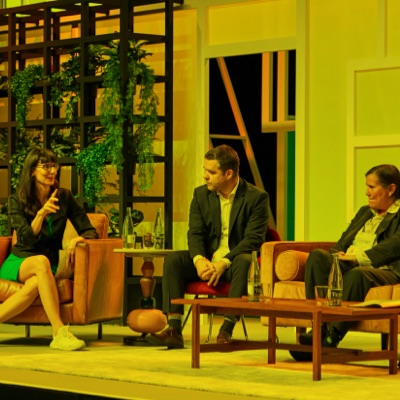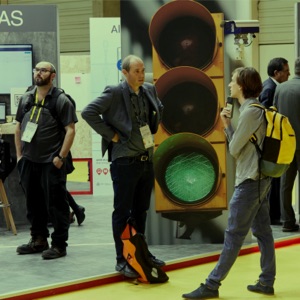Showcase your Demo at the Innovation Playground! Applications open until September 6.
ATTEND TMWC24
Tomorrow.Mobility World Congress is the place that brings the main players of the mobility sector
together to discuss challenges and find solutions for the future.
WHY ATTEND
YOU’LL WANT TO BE PART OF THIS
The mobility sector is expanding fast, and in multiple directions. A platform is needed where all segments of urban, sustainable and intelligent mobility can converge to debate the challenges facing the whole sector and share potential solutions.
That’s where Tomorrow.Mobility World Congress comes in. With the participation of leading public and private sector agents, plus a wide and diverse offline and online audience, this global platform is the place to shape what’s next in mobility.
Learn from key industry figures at the Congress. Discover new innovations at the Expo. Go deep into key mobility issues with theme-specific Side Events. Enjoy premier networking and get business done, all from November 5-7 in Barcelona.



WHY ATTEND
THERE’S NO
PLATFORM LIKE IT
Co-organized between Fira de Barcelona and EIT Urban Mobility, Tomorrow.Mobility brings the entire mobility sector face-to-face to spark innovation, find solutions and create business. The event is celebrated alongside the world’s largest event for cities, the Smart City Expo World Congress, creating synergies between a wide range of sectors in order to work towards creating a better urban tomorrow.
TRACKS TO NEW PATHS
Strategic enablers for sustainable mobility growth








